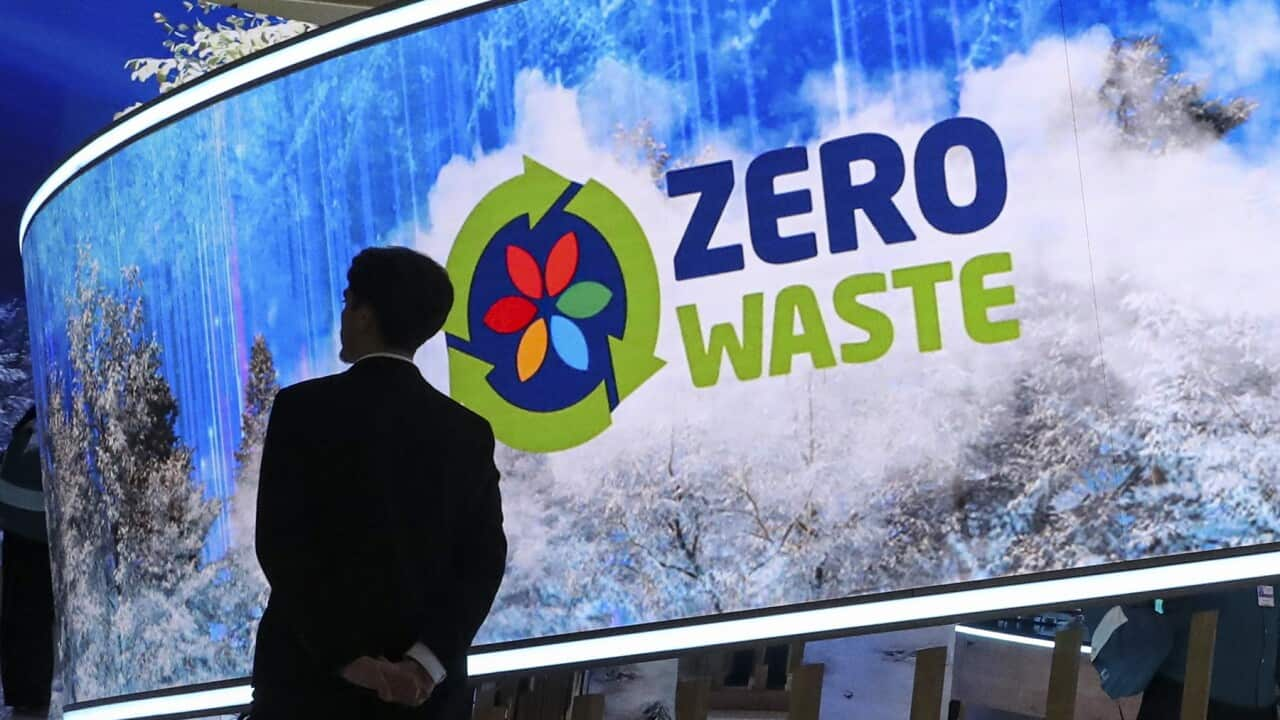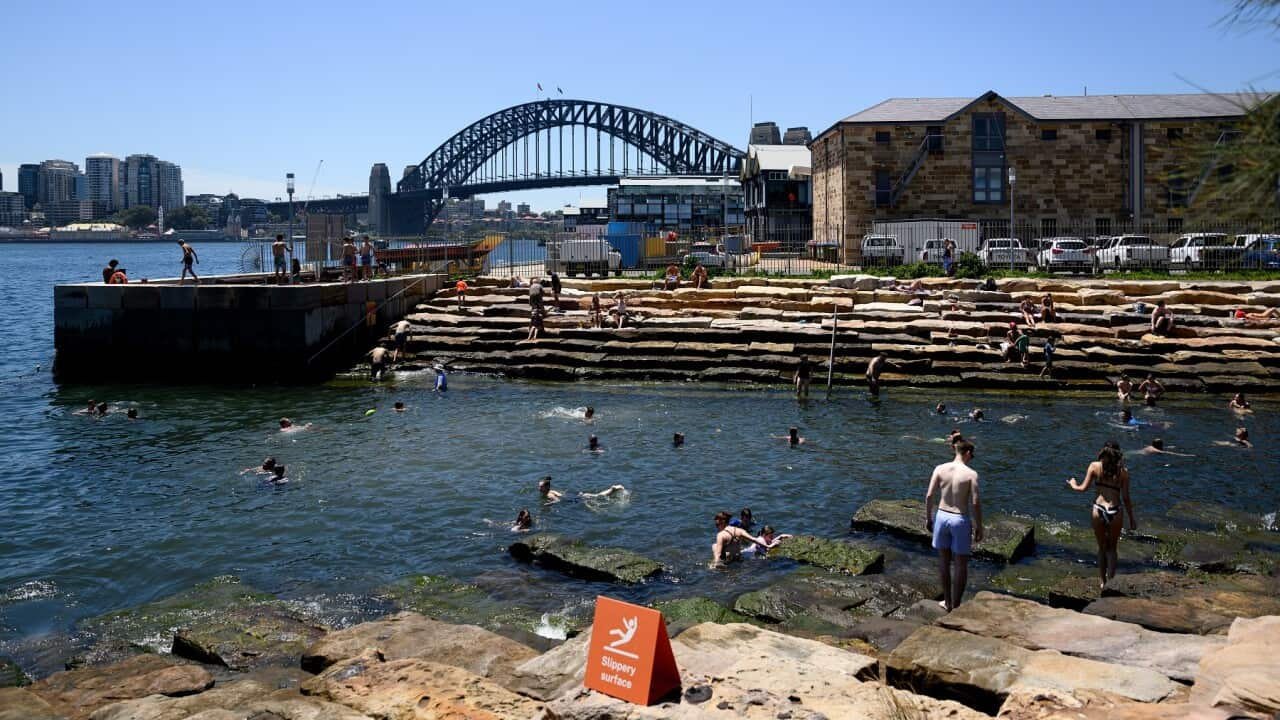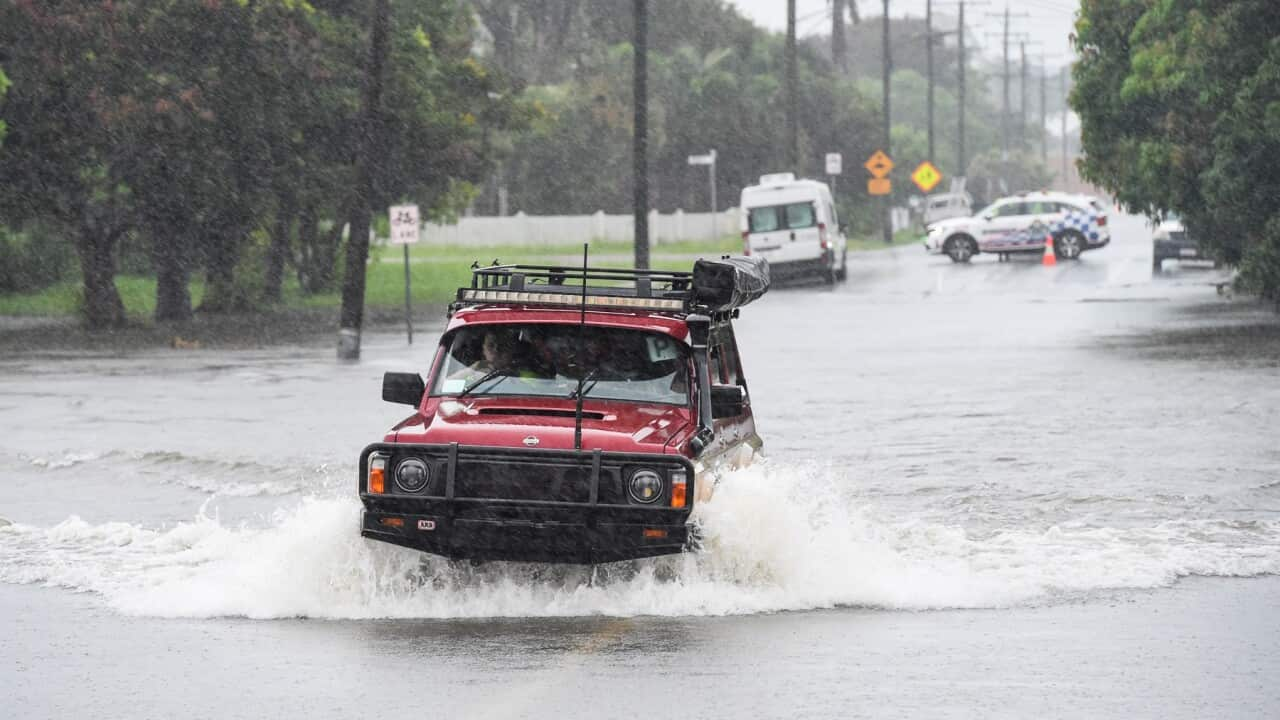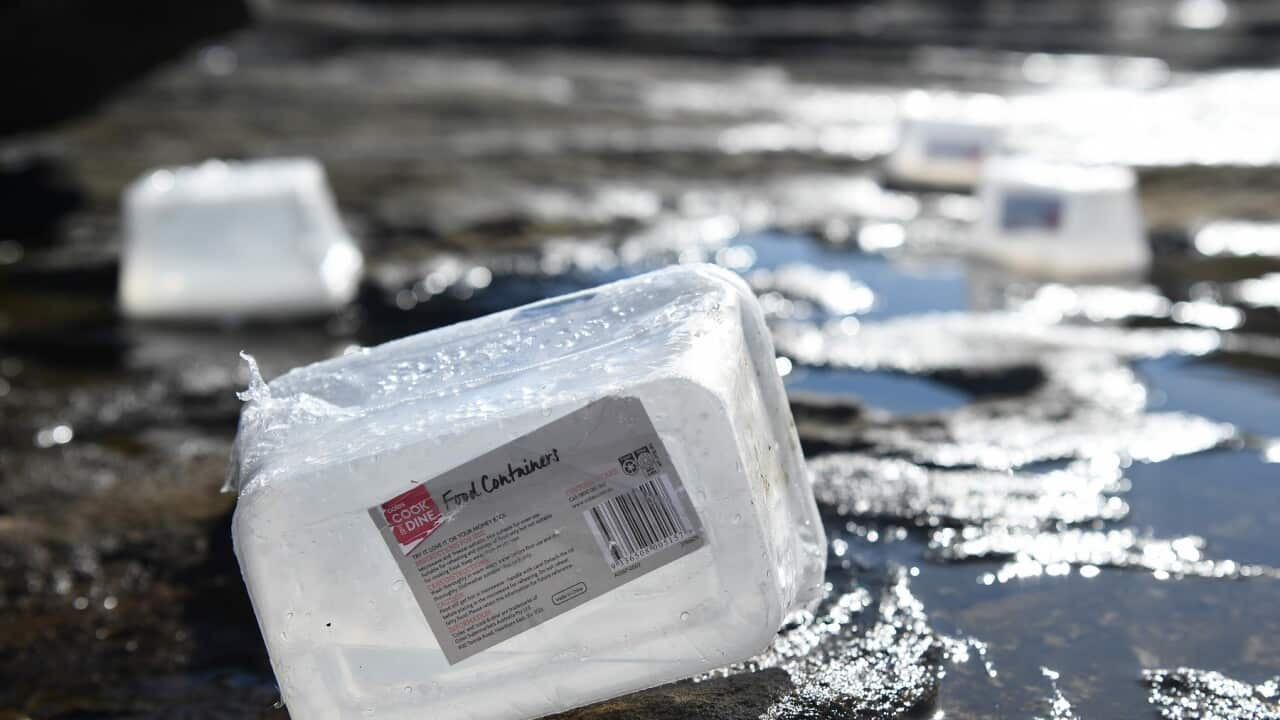TRANSCRIPT
The COP29 climate summit is now without input from Argentina after the country's ministry of foreign affairs ordered its climate negotiators to withdraw.
The directive issued after the country's President, Javier Milei, spoke with US President-elect Donald Trump.
Milei's spokesperson says Trump told his Argentine counterpart that he was his favourite president.
The two leaders are aligned when it comes to the climate crisis, with Milei describing it as a socialist lie.
During his election campaign last year, Milei threatened to withdraw Argentina from the Paris climate agreement.
Pay up was the message from several developing countries to the nations chiefly responsible for global emissions.
Leading that charge, the interim leader of Bangladesh, Muhammad Yunus.
He was chosen to head the country's interim government after the nation’s long-time prime minister Sheikh Hasina resigned and fled abroad.
Muhammad Yunus told the conference that climate negotiations can be humiliating for poor countries.
And he says solutions shouldn't be a matter of negotiation.
"I have been always opposed to this 'negotiating team'. It sounds like we are here to have a bargain. There's opposing team. It's like a fish market. You see, we had to press you hard to get the best price. I said that's a very wrong perception of the whole thing. There is no…Why should there be a negotiation? You caused the problem. You solve it."
The Prime Minister of Pakistan, Shebaz Sharif, has called for more money to meet climate targets, saying there's a need for grants rather than loans that impose debt burdens.
The summit is being held during yet another record-breaking year of higher global temperatures, and climate-driven disasters like extreme floods and storms.
Croatia's Prime Minister, Andrej Plenkovic, recalled devastating floods in the Mediterranean as he called for urgent action.
"Over the past year, catastrophic floods in Spain, Bosnia and Herzegovina as well, as well as in southern Croatia, have shown the devastating impact of rising temperatures. The Mediterranean, one of the most vulnerable regions, calls for urgent action."
He says shifting away from fossil fuels is an economic necessity.
"With the International Energy Agency warning of an imminent peak in fossil fuels, shifting away from them is not only climate wise, but an economic necessity. We are doing our part by supporting our neighbours, starting with Bosnia and Herzegovina, to boost climate resilience and strengthen mitigation. Our achievements and investments in renewable energy reflect our dedication. In (20)22, renewables made up of 29.5% of our energy consumption, a figure that continues to grow."
United Nations Secretary-General Antonio Guterres told small island leaders they have every right to be angry.
Members of small island nations most impacted by the worst effects of climate change have been pushing for world leaders to agree on a $1 trillion climate finance goal to fund urgent global action and ensure justice for vulnerable nations.
"You have every right to be angry. I am too. You are on the sharp end of a colossal injustice. An injustice that sees the very future of your islands threatened by rising seas. Your people pounded by record hurricanes. Your economies torn apart. This is an injustice perpetrated by the few. The G20 accounts for around eighty percent of global emissions. And it is an injustice that must end."
Antonio Guterres says it is important negotiations at COP29 result in an equitable and serious deal.
The Prime Minister of Niue, Dalton Tagelagi, says global co-operation is critical to limit emissions.
"For Niue and the Pacific region, climate change is our greatest threat. Developed nations must finalise the new collective quantified goals for climate change, dedicating at least 50 per cent to adaptation and to fully support and fund the loss and damage fund established at COP 27 as a matter of justice for the communities already enduring the worst impacts of climate change."













